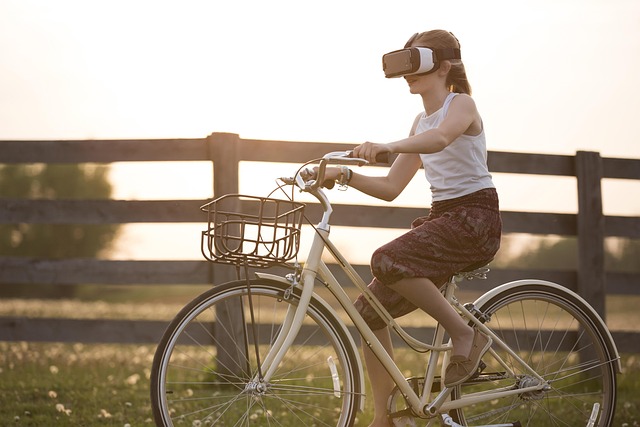The concept of a virtual classroom has rapidly evolved, transforming the educational landscape and creating new pathways for interaction and knowledge building. In an age where technology pervades every aspect of our lives, online education has transcended geographical barriers, bringing together learners and educators from around the globe. The traditional classroom setup, with its fixed desks and chalkboards, is being replaced by dynamic virtual spaces that foster collaboration, creativity, and a shared learning experience.
At the heart of this shift is the idea of interaction. A virtual classroom is not merely a platform for lectures; it is an interactive environment where students can engage with their peers and instructors in real-time. Tools such as breakout rooms, forums, and live polls enhance participation, helping to create a sense of community among students. This interaction goes beyond sharing knowledge; it fosters relationships and builds networks that can last a lifetime. Learners can discuss concepts, share resources, and collaborate on projects, enriching their understanding of the subject matter.
Moreover, the flexibility inherent in online education makes learning accessible to a diverse array of students. Individuals with different learning styles can thrive in a virtual classroom, where resources can be tailored to suit their needs. Visual learners can benefit from multimedia presentations, while auditory learners might immerse themselves in discussions and podcasts. The adaptability of online platforms allows for a richer knowledge-building experience, accommodating everyone from busy professionals to students in remote areas.
In addition to facilitating interaction, the virtual classroom empowers students to take control of their learning journey. With the ability to access recorded lectures, engage in forums, and utilize a wealth of online resources, learners can personalize their study schedules and dive deeper into topics of interest. This autonomy not only promotes ownership of one’s education but also encourages a culture of lifelong learning—a vital skill in today’s ever-evolving world.
As we look to the future of learning, the potential of virtual classrooms to promote interaction and knowledge building is immense. These online platforms are redefining what it means to be an educator and a student. They are encouraging collaboration, fostering a global learning community, and ultimately equipping learners with the skills they need to succeed in a competitive global landscape. As technology continues to advance, we can only imagine the endless possibilities that await us in the realm of online education.
With each passing day, the virtual classroom continues to break down barriers, not just in education but also in fostering understanding and empathy among diverse groups of people. It is indeed a testament to how learning can transcend walls and reach hearts, minds, and imaginations worldwide.




